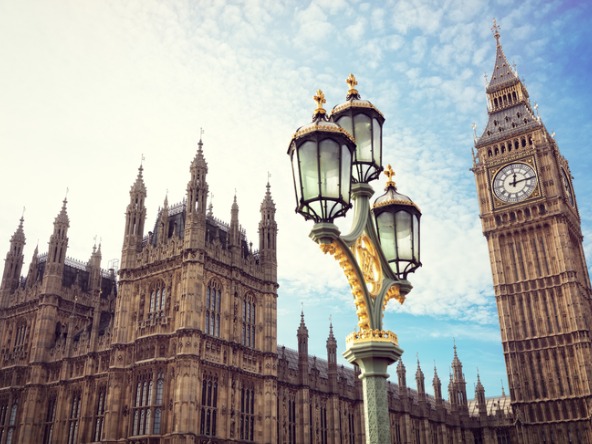Online safety laws could threaten freedom of speech

The report, which focuses on freedom of expression online, also said that existing laws covering online harms should be enforced properly, with any serious harms that are not already illegal outlawed.
The racist abuse directed at some England footballers recently after their defeat in the Euro 2020 final was an example of online behaviour that, if not already illegal, should be criminalised, according to the report.
The committee’s report comes following the government’s announcement of an Online Safety Bill, which will seek to restrict illegal and harmful content online, while also strengthening people’s rights to freedom of expression online.
Among the proposals are to provide Ofcom with the power to fine companies up to £18m or 10% of global annual turnover, whichever is higher, and have the power to block access to websites that fail in their duty of care to users.
The committee welcomed the bill in their report, but warned the legislation was flawed in relation to keeping children away from pornographic websites and that platforms must ensure they do not over-remove content.
Instead, freedom of expression could be better protected by regulating the design of platforms, digital citizenship education and competition regulation, the committee report concluded.
Platforms’ moderation decisions are often “unreasonably inconsistent, driven by political and business interests, and have stifled legitimate debate”, the committee said, and added that government proposals to require them to respect “content of democratic importance” don’t go far enough.
Companies such as Facebook and Google have also created a monopoly over the “digital public square, according to the report, with too much power over what people can say or do online.
Platforms should also fund the police to ensure effective enforcement of the law online, the committee said.
Lord Gilbert, chair of the House of Lords Communications and Digital Committee, said: “The right to speak your mind is the hallmark of a free society and a right long treasured in Britain but it isn’t an unfettered right.
“The rights and preferences of individuals must be at the heart of a new, joined-up regulatory approach, bringing together competition policy, data, design, law enforcement and the protection of children.”

We hope you enjoyed this article.
Research Live is published by MRS.
The Market Research Society (MRS) exists to promote and protect the research sector, showcasing how research delivers impact for businesses and government.
Members of MRS enjoy many benefits including tailoured policy guidance, discounts on training and conferences, and access to member-only content.
For example, there's an archive of winning case studies from over a decade of MRS Awards.
Find out more about the benefits of joining MRS here.













0 Comments